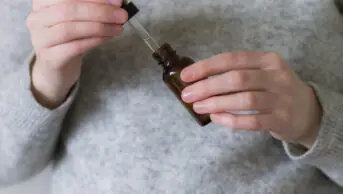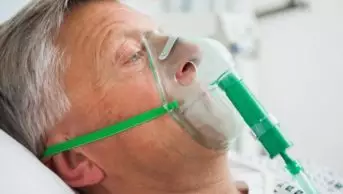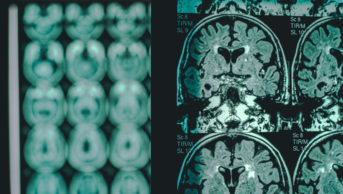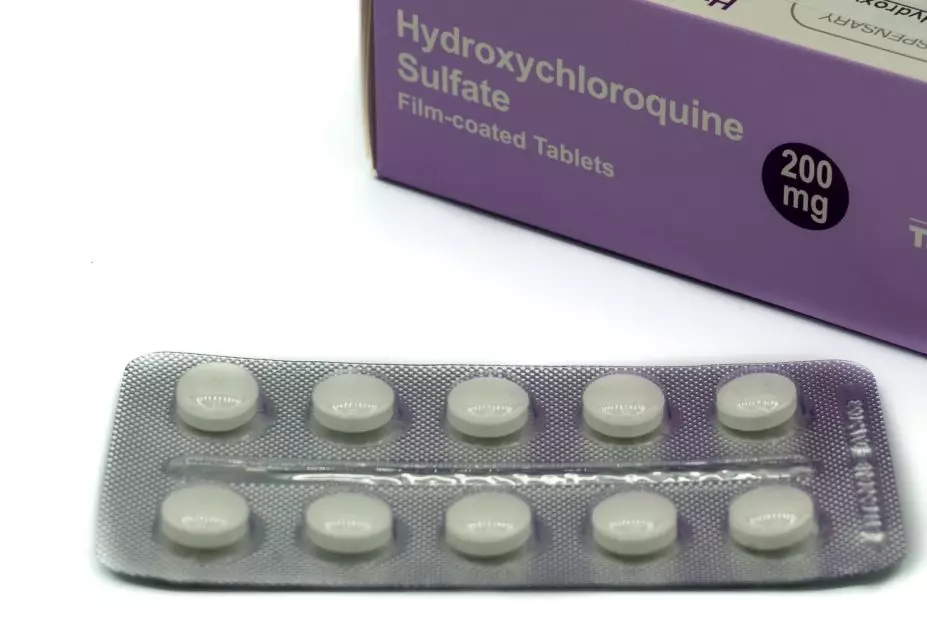
Shutterstock.com
Open access article
The Royal Pharmaceutical Society has made this article free to access in order to help healthcare professionals stay informed about an issue of national importance.
To learn more about coronavirus, please visit: https://www.rpharms.com/resources/pharmacy-guides/wuhan-novel-coronavirus
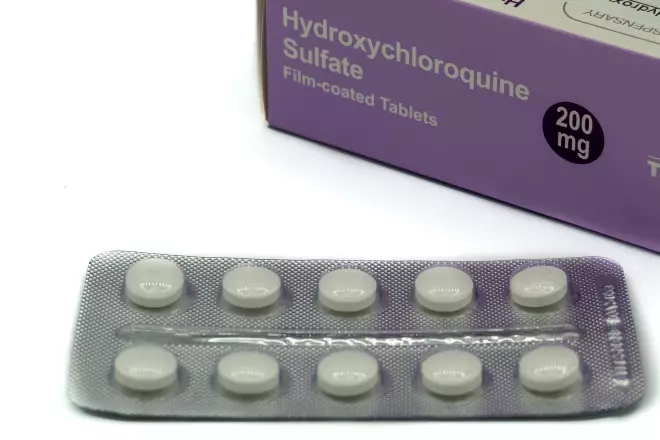
Source: Shutterstock.com
No new participants will be recruited to UK clinical trials using hydroxychloroquine to treat or prevent COVID-19
All UK clinical trials using hydroxychloroquine to treat or prevent COVID-19 have been instructed by the Medicines and Healthcare products Regulatory Agency (MHRA) to stop recruiting further participants.
This decision follows advice from the MHRA’s Commission on Human Medicines, which met in early June 2020 and reviewed the data that had been submitted for each trial.
According to the MHRA, no new participants will be recruited to these trials until further data justifying their continuation has been provided, and any additional safety measures have been implemented.
In a statement, published on 16 June 2020, the MHRA said it had considered the results released from the ‘Randomised evaluation of COVID-19 therapy’ (RECOVERY) trial, which showed no beneficial effect of hydroxychloroquine in patients hospitalised with COVID-19, and a study in the New England Journal of Medicine (NEJM) which assessed the use of hydroxychloroquine as post-exposure prophylaxis of COVID-19 and concluded that hydroxychloroquine did not prevent illness compatible with COVID-19.
However, Martin Llewelyn, lead investigator of the ‘Chloroquine/hydroxychloroquine prevention of coronavirus disease (COVID-19) in the healthcare setting’ (COPCOV) trial, said that the case for prevention trials involving hydroxychloroquine was “stronger than ever.”
“In the Boulware [NEJM] paper, in which participants were given hydroxychloroquine several days after exposure, the point estimate for impact on risk of COVID was 0.825 (so over 17% reduction). The effect was also stronger in patients treated earlier,” he said.
“These results are entirely compatible with a protective effect which would be most evident if participants were already on hydroxychloroquine at the time of exposure.”
Hydroxychloroquine trials were initially paused after a now-retracted study published in The Lancet
concluded that the use of either chloroquine or hydroxychloroquine for hospitalised patients with COVID-19 was linked to an increased risk of serious heart rhythm complications and a decrease in in-hospital survival.
However, Llewelyn said that neither the NEJM paper nor the RECOVERY trial found any evidence of the harm reported in the now discredited and retracted paper published in The Lancet.
“Globally, something like 20% of healthcare workers are in countries where chloroquine/hydroxychloroquine are being widely used for COVID-19 prevention, so it remains a very important question,” he added.
June Raine, chief executive of the MHRA, said: “We have told those conducting clinical trials using hydroxychloroquine to treat or prevent COVID-19 to suspend recruitment into their trials.”
“Neither hydroxychloroquine nor chloroquine are licensed to treat COVID-19 related symptoms or to prevent infection,” she added.
Raine said that it was “important to note” that patients taking hydroxychloroquine and chloroquine to treat other health conditions could continue to do so, as advised by their healthcare professional, as the balance of benefits and risks remains favourable in the licensed uses.
Hydroxychloroquine and chloroquine are licensed in the UK to treat different health conditions such as malaria, rheumatoid arthritis, lupus, amoebic hepatitis and abscess and certain dermatological conditions.
The RECOVERY trial stopped enrolling patients to its hydroxychloroquine arm on 5 June 2020 after preliminary results showed the drug had no beneficial effect in patients hospitalised with the virus.
Prior to this, the World Health Organization gave researchers the all-clear to continue studying hydroxychloroquine as a potential drug against COVID-19 as part of its SOLIDARITY trial.
